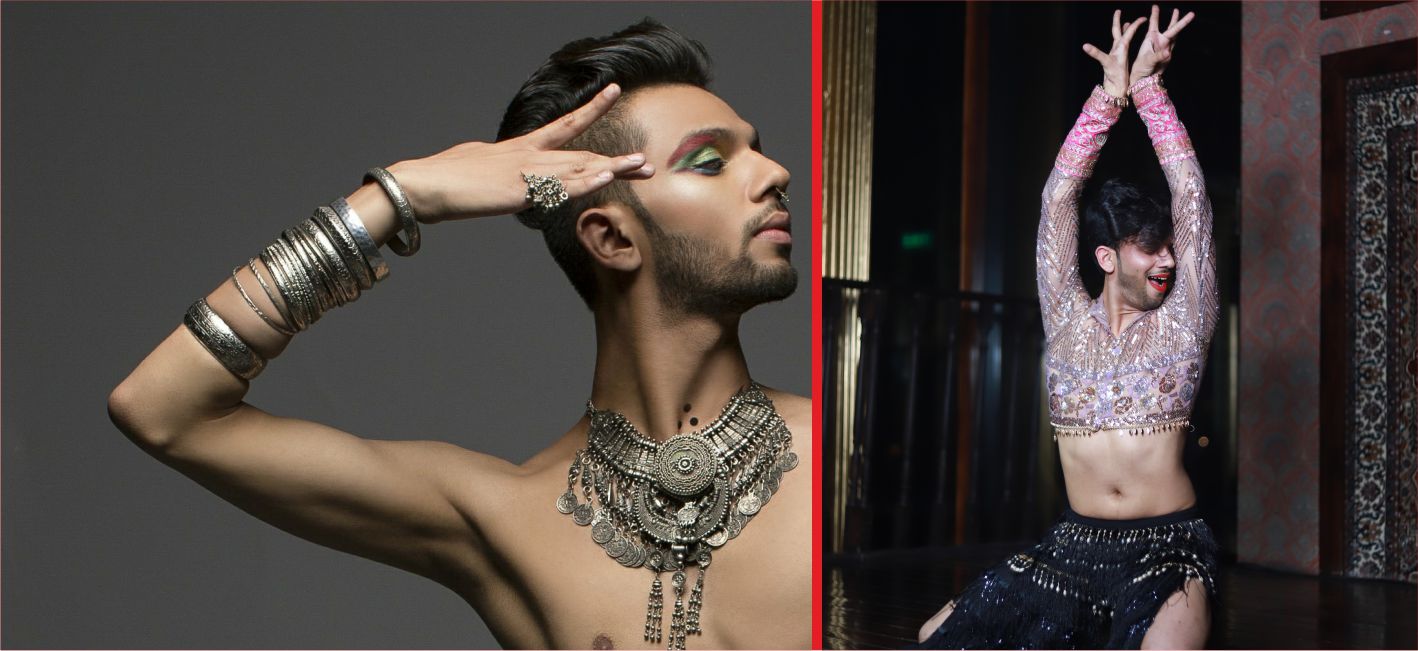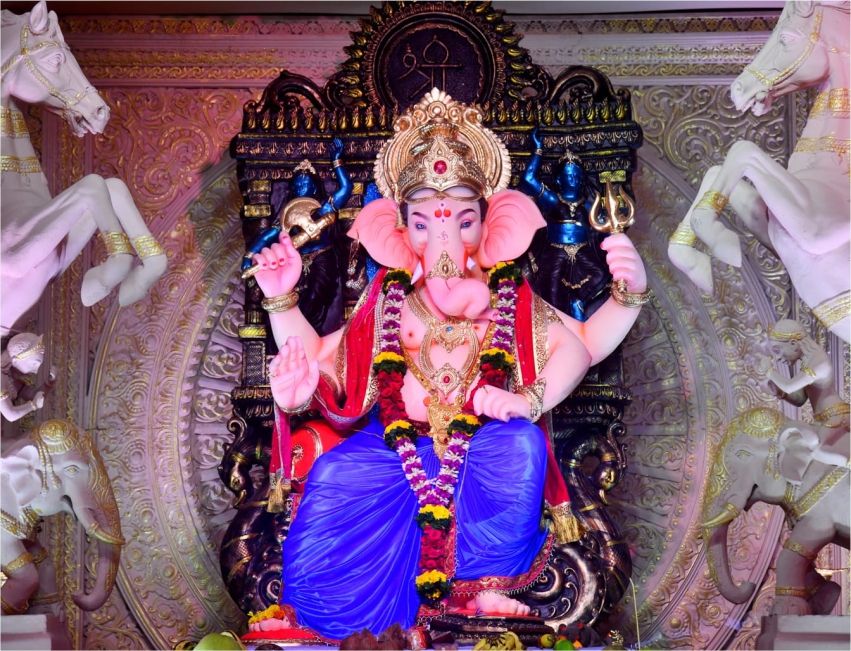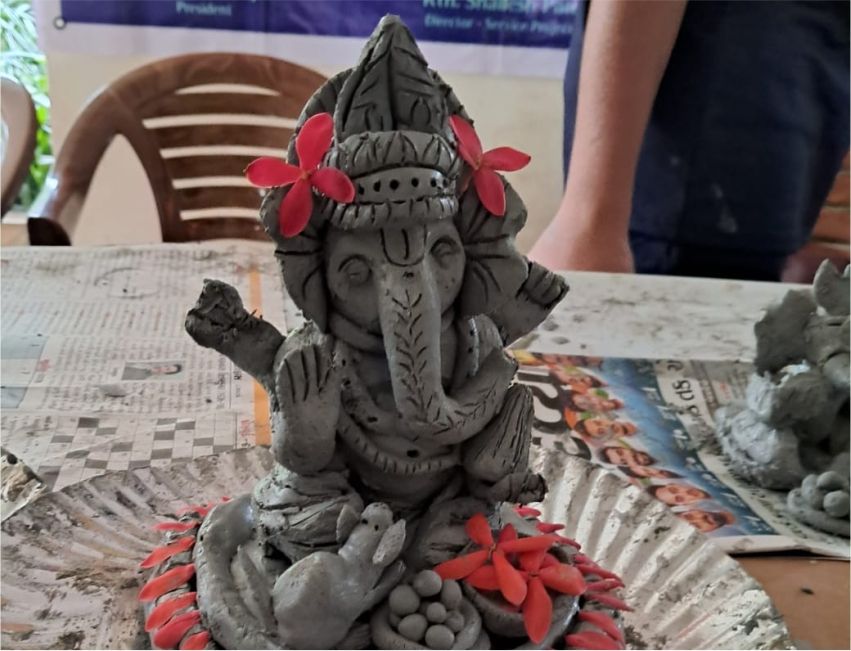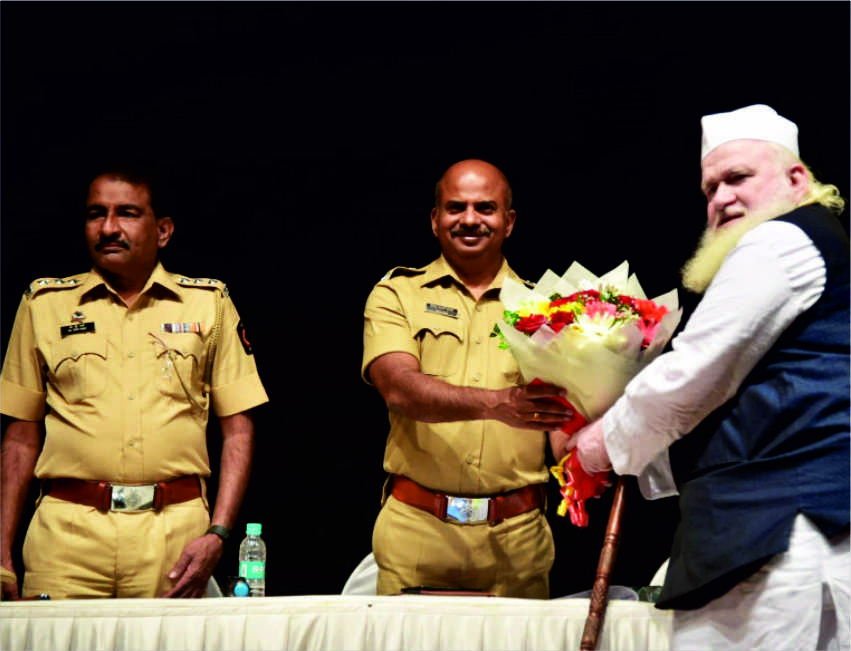Braving All Odds – Belly Dancer Eshan Hilal

- Sandip Soparrkar
- 28 Mar, 2024
There are some dancers who are known as path breakers and then there are some who are the path makers. Today I wish to introduce you to dance reality show star Eshan Hilal, who once was ridiculed and condemned for pursuing his passion for belly dancing but today the same boy is leading a life of a dancing star all because he did not compromise the integrity of his craft or his identity, Eshan aspiration is to showcase his art around the world, travel and demonstrate what he genuinely believes in. Excerpts from a heart-to-heart chat with the King of Belly Dancing whose art has grabbed the attention of the nation:
Tell us about your initial dance training?
I have been passionate about dancing since childhood, as a kid I taught myself by dancing to Bollywood songs. Over time, as I admired Bollywood actresses like Madhubala, Vyjayanthimala, Meena Kumari, Rekha and Waheeda Rehman I developed a deep love for the Indian classical dance form, Kathak, especially the Lucknow Gharana style, inspired by Madhuri Dixit's dance style. I did not have the money (500 Rupees) to pay the dance class fee, so I would stand outside the class and learn through the window. At the age of 15, I commenced my Kathak training under Pandit Pulkit Mishra ji who, knowing my condition, offered to teach me for free.
Being a huge fan of Madhuri Dixit, I strived to replicate her detailed expressions and movements, dedicating my emotions and expressions to her. Upon discovering the renowned dance choreographer, Late Saroj Khan ji, I attempted to learn from her school but couldn't continue due to my financial constraints. Despite this, I persisted in formal training in Indian folk styles and various other dance forms since my school days to acquire a comprehensive understanding of Indian body language.
Where and how did you develop an interest in belly dancing?
I always had a profound admiration for movements involving hips and pelvic expressions without being aware of the dance style known as belly dancing. I used to experiment with whatever I could. Once I gained access to the Internet, I discovered a renowned belly dancer from France named Illan Riviere. Witnessing his performances made me realize that there is a distinct dance style called belly dancing. Eager to learn, I sought professional instruction, but at that time in India, there were no formal belly dance schools. Eventually, a friend directed me to a Russian performer in Mumbai, where I informally began learning the basics. Fortunately, I later had the opportunity to receive formal training from the renowned artist Meher Malik of Banjara School of Dance. From that point onward, there was no turning back and I realised that Belly Dancing was my calling.
A man doing belly dancing surely faces criticism, doesn't it?
When I began practising belly dancing, the people in my circle, be it friends or family, were totally unsupportive. I consistently felt like black sheep, facing judgment for my passion. My love for dance led to discussions about my personal preferences and individuals used derogatory Hindi slang like Nachanniya, Patpair, Hijra to demean my character. One my father beat me so badly that I had a hairline fracture, my one grandmother called me randi (prostitute) and that trauma led me to keep a knife under my pillow, wanting to end my life. I have frequently been told that what I'm pursuing is not suitable for me, as it's perceived to be exclusively for women.
How did you deal with all the adversity?
Honestly, since childhood, I never perceived what I did as anything unusual or extraordinary, nor did I approach it with the intention of breaking any sort of stereotype. Whether engaging in belly dance or emulating the styles of old Bollywood actresses, it felt as normal to me as any random boy playing cricket. Despite constant advice from those around me to change my behaviour and abandon my pursuits, my passion surpassed their unfounded criticisms, and I never let it affect me. The more people criticized me, the more fervent my dedication to my passion became. Admittedly, there were days when I questioned my life choices, but I am someone who constantly listens to my heart over the opinions of the world. This is a principle I will continue to uphold.
You have been a part of many dance reality shows, how was that experience?
Yes, I have participated in a couple of dance reality shows, and they indeed provide valuable exposure for struggling artists like me, who face challenges in gaining even basic acceptance. However, these shows focus more on content and dramatic, emotional stories to boost ratings. As a child, I had a different perception of being on such shows, expecting to contribute to discussions on current issues. Yet, artists like me are often used briefly for a specific episode, diverting attention from our craft to just showing our identity. While I appreciate the shift from gimmicks, I take issue with the narrative they construct around me. I have faced significant struggles to become who I am, but I have never intended to play the victim card on a large scale. Unfortunately, these narratives consistently affect my full capacity to show my calibre as an artist.
Did being a part of television shows change things for you and your dance?
Certainly, Indian television has provided me with an invaluable platform for which I am immensely grateful. It allowed people to acknowledge my presence and my dancing. Whether for positive or negative reasons, I became a topic of conversation among the masses. This exposure has opened up numerous opportunities for me to establish my career as an unconventional performer, both as a teacher and a performer. I could prove that the world of art is not gender biased and self-acceptance is all one needs to be happy and successful.
Now that you have made a name for yourself, how are the attitudes of people?
As the proverb goes, "Everybody bows to the rising sun." The society that once labelled me, constantly criticized me, now claims to know me personally. They express a desire to meet and greet, inviting me to their homes for luncheons and dinners. Suddenly, statements like, “We always knew he would achieve something one day," leave me astonished at the hypocrisy. Despite a set of society who attempt to drag me down, questioning my masculinity and religious ethics, I choose to focus on the set of people with constructive criticism that boosts my morale and supports my artistic endeavours with positivity.




